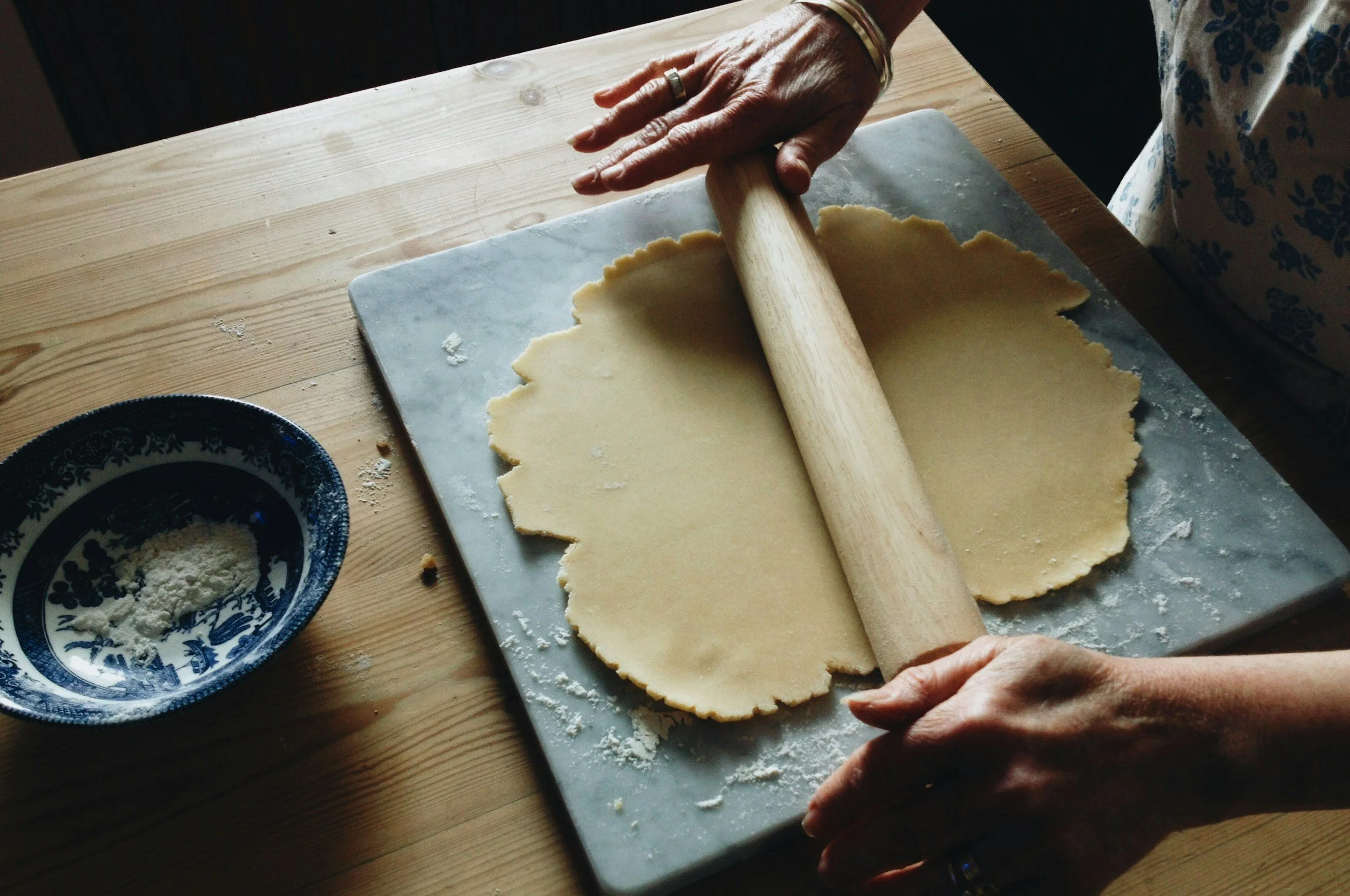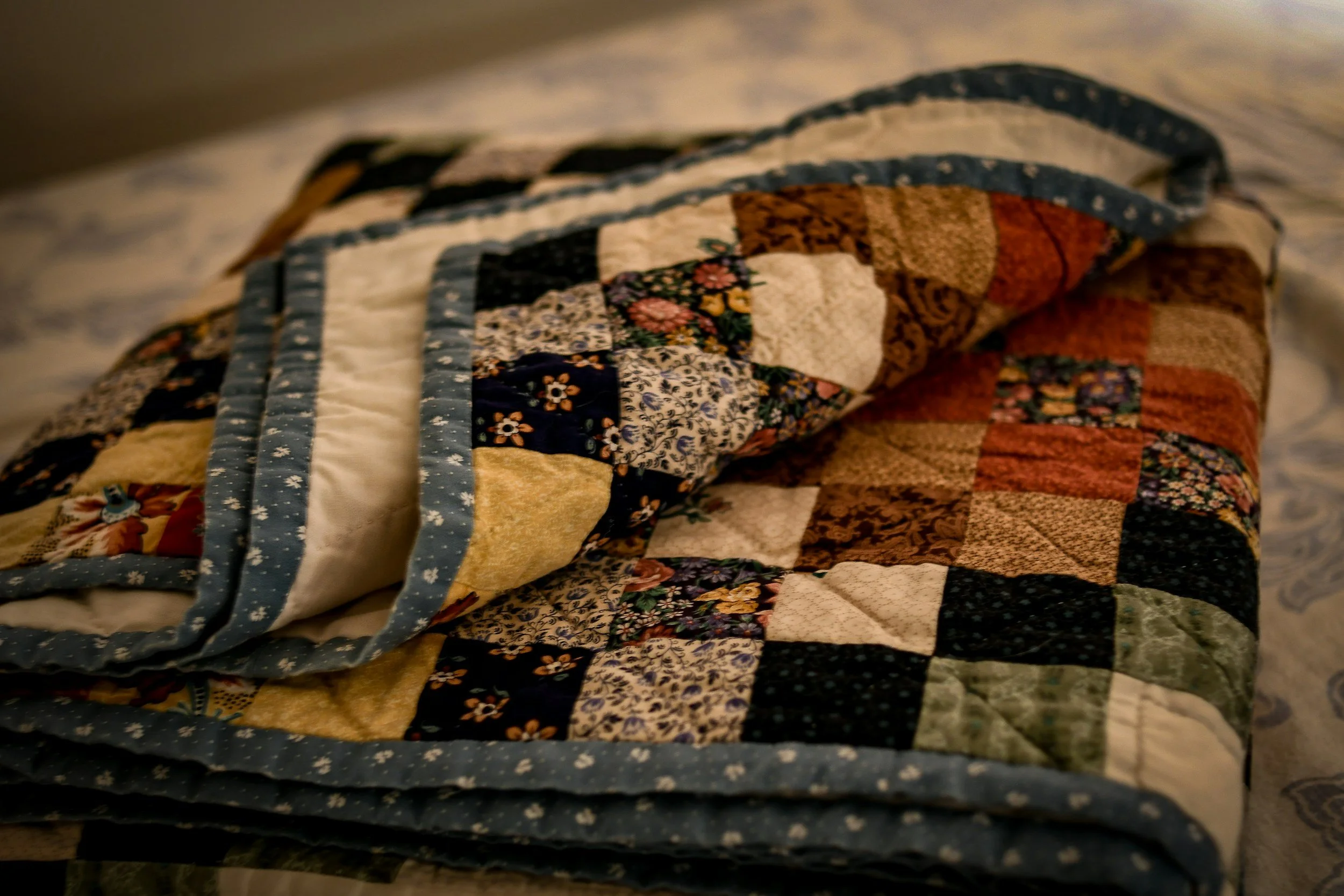On Anxiety and Other Terrible Things
Once, I had lunch with a really great poet. He said to me that most people think of anxiety the wrong way. They think that it is a rain cloud of what if, what if, what if, a cage of doubt and indecision which holds its sufferers in constant purgatory. They think of anxiety as a door flung wide open, flooding the mind with cumbersome uncertainty. In reality, though, there is nothing uncertain about anxiety. In fact, it is the most extreme form of certainty that can exist in the brain. Anxiety doesn’t ask “What if terrible things happen?” but instead says, “Terrible things are going to happen. What are you going to do about it?”
***
When I experience anxiety, the good outcomes to all of my scenarios feel so ungodly uncertain that I can’t convince myself to waste time focusing on them. However, the bad outcomes feel like such relevant threats that I can’t possibly look away from them.
***
My therapist says that when your brain has gone through enough trauma, it starts to convince itself that preparing for the worst-case scenario is the only way to protect itself. However, worst-case-scenarios are rarely what you expect them to be. They have a way of being—somehow—much, much worse. They blindside you despite all of the energy used to prepare for them. When she says this, I try not to see it as a challenge. Work harder. Prepare smarter.
***
Therapy is hard for many reasons, mostly because I am always left wondering if I’ve said too much. I need to be honest about how I feel, but not too honest to get locked inside a hospital. I never want to scare my therapist. But I am very scared. I have one hour to tell her about all of the terrible things that I feel certain are going to happen. I have collected all of these terrible things in my mind over the past two weeks. They are my most dangerous, scary, and fictitious thoughts, but they are mine and I have no idea what to do with them.
***
I don’t want to scare anyone, ever, but many times I do. My friends avoid talking to me about triggering subjects. My mother calls me in tears after reading something I wrote. My lover walks in on me laying down in a dark room in the middle of the day. He doesn’t understand how I have latched my mind onto worst-case-scenarios, things that haven’t even happened yet. He wants me to get up, to eat something, to be a person in which none of these bad things have happened to yet. However, in my mind, they have happened. I have experienced the horror, have plotted out the solutions, and can see vividly in my mind how I will be forever changed if and when terrible things happen.
***
Because—here’s the thing—terrible things have happened. And they just keep continuing to happen. And it doesn’t matter how many cat videos I watch, paintings I paint, or poems I write. There is no amount of cakes I can bake to take away the bitterness I feel. I wasn’t born a skeptic. It is a badge—I promise—I have earned.
***
When my friends struggle with their own mental illnesses, I do not tell them any of this. I try to sell them the world as it has been sold to me. Supposedly, there are good things ahead. I tell them that they are loved because they are. I tell them to ignore the certainty that they feel even though I cannot ignore it myself. I tell them that when terrible things happen, they will get through them. The faith that I have in other people is so strong, so rooted in the idea that everyone deserves love. People rarely get the love that they deserve, and that is why terrible things happen.
***
I don’t think the world is ready to love the mentally ill like they think they are. When a famous celebrity suffers a very public breakdown and says things rooted in mania, those manic thoughts are turned into headlines, which are turned into tweets, and then turned into public outrage. Outrage is so much easier than empathy. It offers an excuse to look away from all of the terrible things that even the most progressive people choose to take.
***
I don’t mean to go down rabbit holes, but it just isn’t hard for me to imagine myself in the shoes of someone who the majority of the world decides to hate. I have taken so many tallies of how many reasons there are to hate myself. I survive these thoughts because the people who love me are constantly telling me otherwise. But what happens when the world one day agrees with me, that I am one of its many terrible things? The question is never “Would they still love me?” – because the answer is everywhere that I look. They wouldn’t.
***
And then I start thinking about, okay, if no one is ever going to love me, then I’ve got to love myself. But that just feels impossible. No one knows as intimately as I do how ways in which I am unlovable. I try to tell those close to me the reasons why they shouldn’t love me, and yet they continue to love me regardless. In my mind, I can’t help but think this is because I am not being honest enough with them. Maybe if I rephrase, they’ll hear me this time. Once again it is all about them, their perceptions of me. Somehow, loving myself seems reckless—like, what does it even matter? I could love myself all day every day and still wind up alone.
***
Anxiety makes me want to get used to the idea of being alone. It makes me want to push everyone away because I don’t know if I am going to hurt them or if they are going to hurt me or maybe a little bit of both. I try to ignore it but instead wind up ignoring calls, texts, and emails instead. It isn’t a rain cloud or a door or even a cage. Instead, it is a discharge-like film which coats the outskirts of my brain so that every thought is tainted by its flavor. A good thought appears in my mind— Everyone deserves love, even you!—but there’s just something about that last part that I don’t trust.
***
Once, I had lunch with a really great poet. When he told me that anxiety is the most extreme form of certainty, I knew he was telling me the truth. On my worst days, I don’t think everyone hates me. I know they do. Still, there is something else underneath all of this, a pulse pushing me forward. Some days that pulse is a friend calling to check-in, even if I don’t always have it in me to answer. Other days, it is the pride that I feel from completing minor household chores—something I can point to and say “Today, you loved yourself! Good job!” When my thoughts scream at me, “Terrible things are going to happen. What are you going to do about it?” I hear my therapist’s voice in my head telling me to look at the evidence. The good outcomes are just as likely as the bad. I try not to take this as a challenge, and I fail almost every single time
— Micaela Walley
Micaela Walley is an MFA candidate at the University of Baltimore. Her work can be found in Hobart, Huffpost, ENTROPY, and Pidgeonholes. She currently lives in Hanover, Maryland with her best friend--Chunky the cat. You can find her on Twitter & Instagram @micaela_poetry.






















